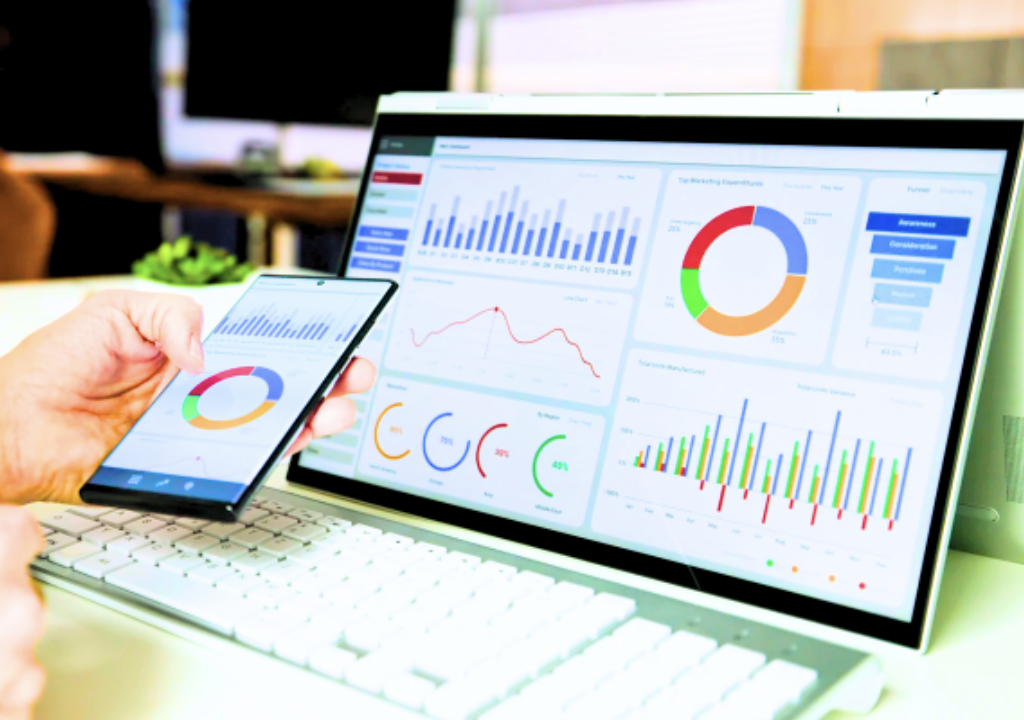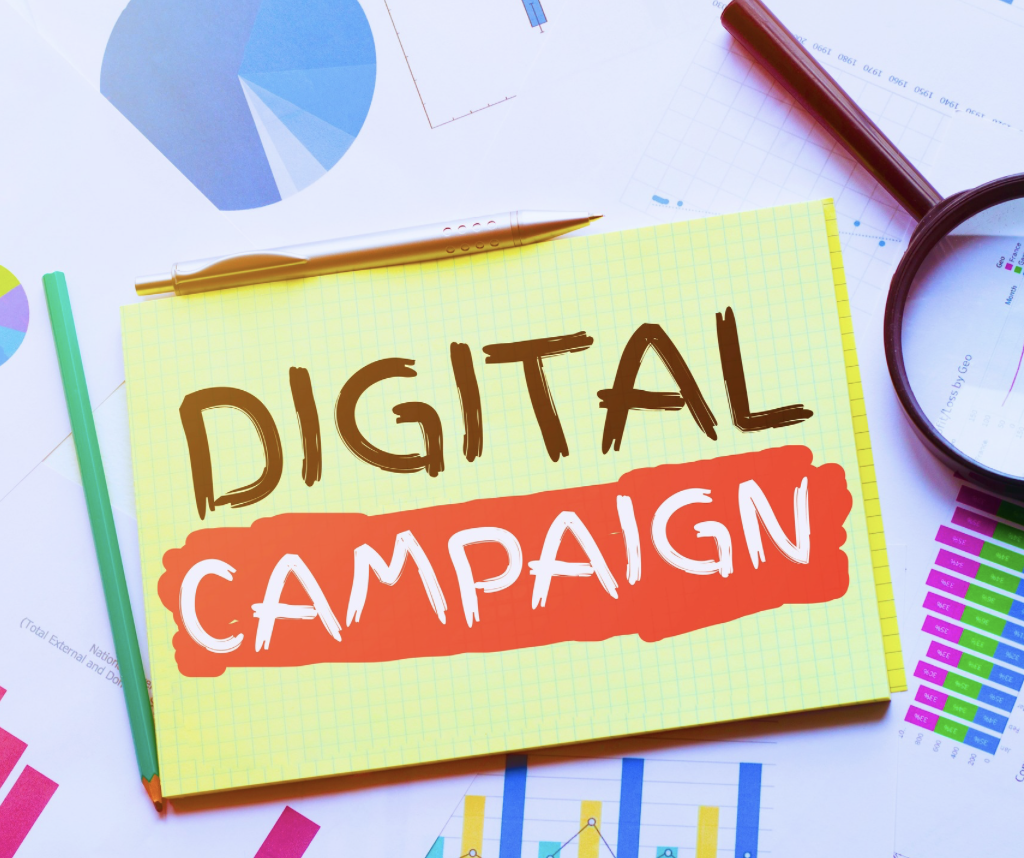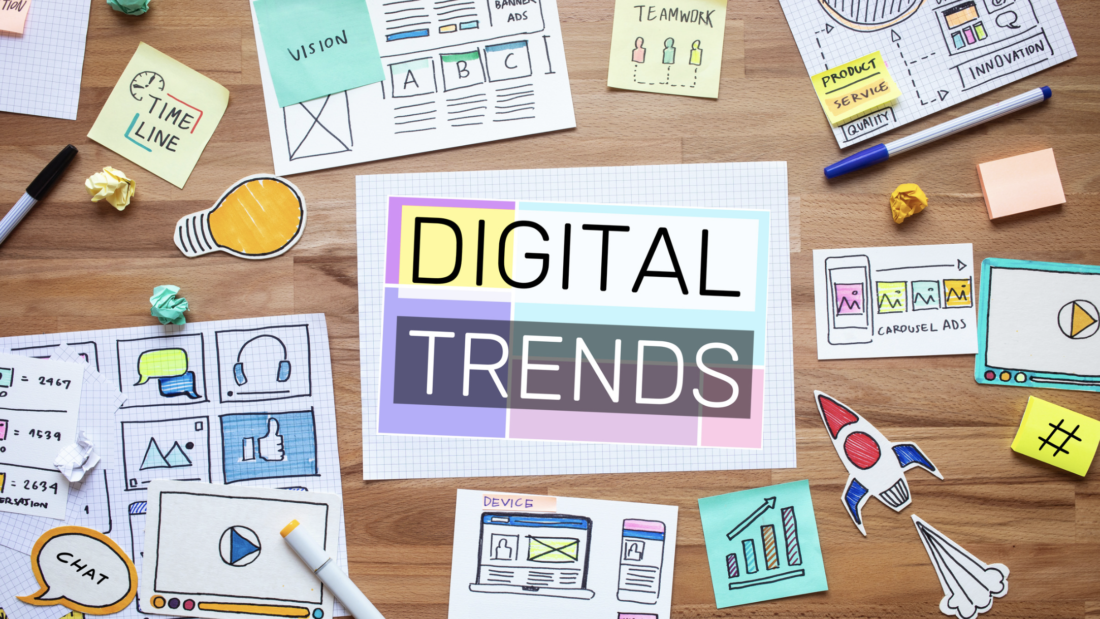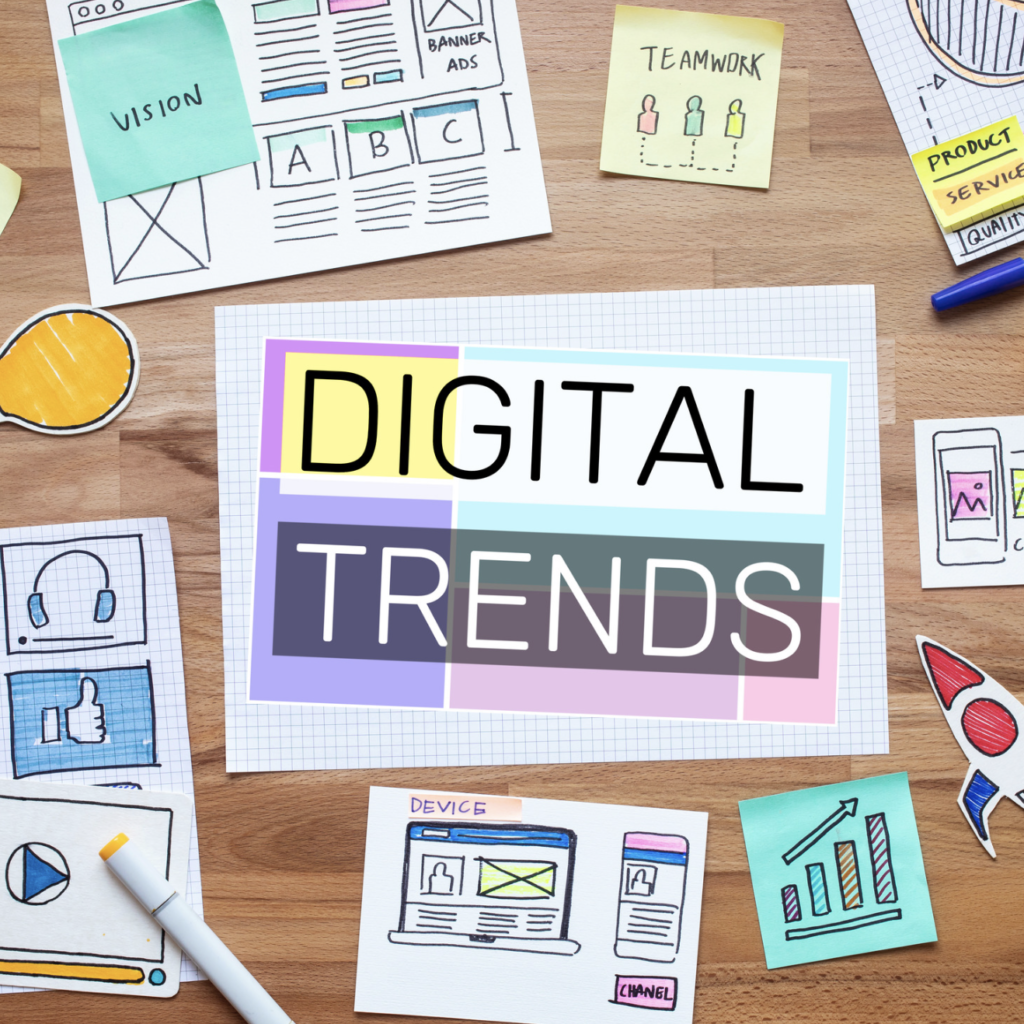Table of Contents
In today’s competitive digital landscape, businesses are constantly looking for ways to drive more traffic, boost conversions, and maximise their ROI. One of the most effective methods to achieve these goals is through pay per click in digital marketing. This advertising model enables businesses to place ads on search engines, websites, or social media platforms, and only pay when someone clicks on their ad.
By leveraging pay per click advertising and creating well-targeted pay per click campaigns, businesses can reach their ideal audience and drive tangible results. This blog will explore the importance of pay per click in digital marketing, how to set up successful campaigns, and why Marque Masters can help you achieve your digital marketing goals.
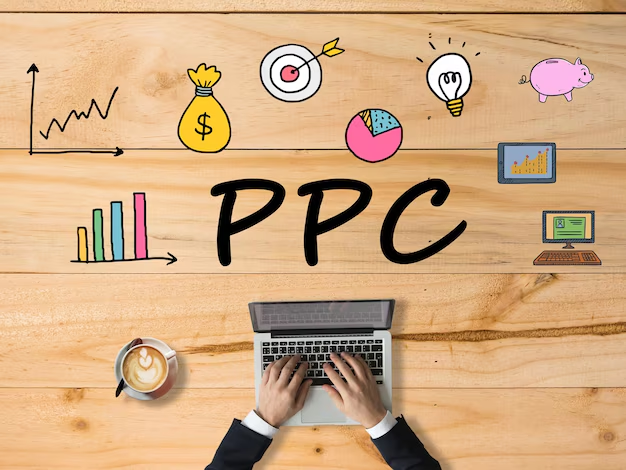
Why Pay Per Click in Digital Marketing Is Crucial for Business Growth
The power of pay per click in digital marketing lies in its ability to deliver immediate results. Unlike organic search engine optimization (SEO) methods, which can take time to yield results, pay per click advertising provides instant visibility. Whether you’re a startup or an established brand, pay per click in digital marketing is an excellent way to drive targeted traffic and boost brand awareness. With PPC, you can control your advertising budget, optimize your ad campaigns based on performance, and make data-driven decisions to maximize your ad spend.
Example:
One of the leading platforms for pay per click advertising is Google Ads. According to Google’s own statistics, businesses make an average of $2 in revenue for every $1 they spend on Google Ads. This highlights the importance of integrating pay per click in digital marketing into your strategy to see measurable returns on investment. Learn more about Google Ads for insights into their PPC platform.
Benefits of Pay Per Click Advertising
There are several benefits to incorporating pay per click advertising into your marketing strategy. First, PPC is highly measurable, giving businesses the ability to track key performance indicators (KPIs) such as click-through rate (CTR), conversion rate, and return on investment (ROI). Second, pay per click campaigns offer exceptional flexibility, allowing you to test different ad creatives, targeting options, and bidding strategies.
Moreover, pay per click in digital marketing can significantly enhance your brand’s visibility, even for highly competitive keywords. Unlike organic results, paid ads can immediately appear on the first page of search engines, helping you capture the attention of potential customers as they search for relevant products or services. For businesses like Marque Masters, pay per click in digital marketing is a powerful tool for driving high-quality leads and conversions.
Example:
A practical example is the use of Facebook Ads. With Facebook’s detailed targeting options, you can reach specific audiences based on location, interests, and behaviors. This allows businesses to get the right message to the right audience at the right time. Check out Facebook Ads to explore how their platform can enhance your PPC efforts.
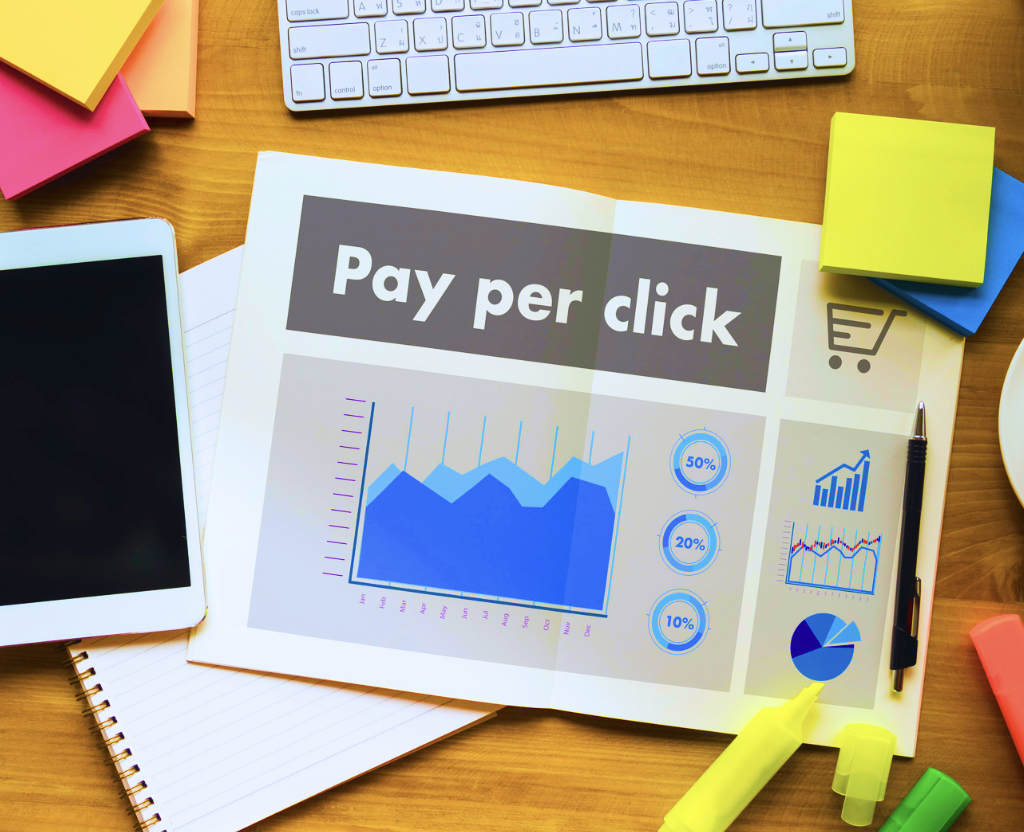
How to Set Up a Pay Per Click Campaign
Setting up a successful pay per click campaign involves several key steps. The first step is defining your goals. Are you looking to increase website traffic, generate leads, or drive sales? Once you have clear objectives, you can build your campaign around them.
Next, you’ll need to conduct keyword research to identify the most relevant and profitable search terms for your business. Tools like Google Ads Keyword Planner and SEMrush can help you uncover high-performing keywords. Make sure to incorporate these keywords into your ad copy and landing pages for better targeting and higher Quality Scores.
Once you’ve identified your target keywords, it’s time to set your budget. With pay per click advertising, you have full control over your spending. You can set daily or monthly budgets, and adjust your bids based on the competition. You can also use ad scheduling to ensure your ads appear at the most optimal times.
Finally, continuously monitor and optimise your pay per click campaigns to improve performance. Track your metrics, A/B test your ads, and tweak your targeting to achieve better results. With the right strategy, pay per click in digital marketing can become a major driver of business growth.
Example:
A great tool to use when running pay per click campaigns is SEMrush. Their PPC toolkit offers features for keyword research, competitor analysis, and campaign optimization. Explore SEMrush PPC tools to see how you can maximise your ad spend.

Why Marque Masters Is Your Go-To Partner for Pay Per Click Campaigns
At Marque Masters, we understand the importance of pay per click in digital marketing and the impact it can have on your business. Whether you’re just starting out or looking to scale your existing campaigns, our team of experts can help you craft highly effective pay per click campaigns tailored to your unique business goals.
From keyword research and ad copywriting to optimization and analytics, Marque Masters provides end-to-end solutions for successful pay per click advertising.
Final Thoughts
Incorporating pay per click in digital marketing into your strategy is essential for driving targeted traffic and achieving measurable results. With the right pay per click campaigns, businesses can reach their ideal audience, increase conversions, and maximise ROI. Marque Masters is here to help you harness the power of pay per click advertising and take your digital marketing efforts to new heights.







